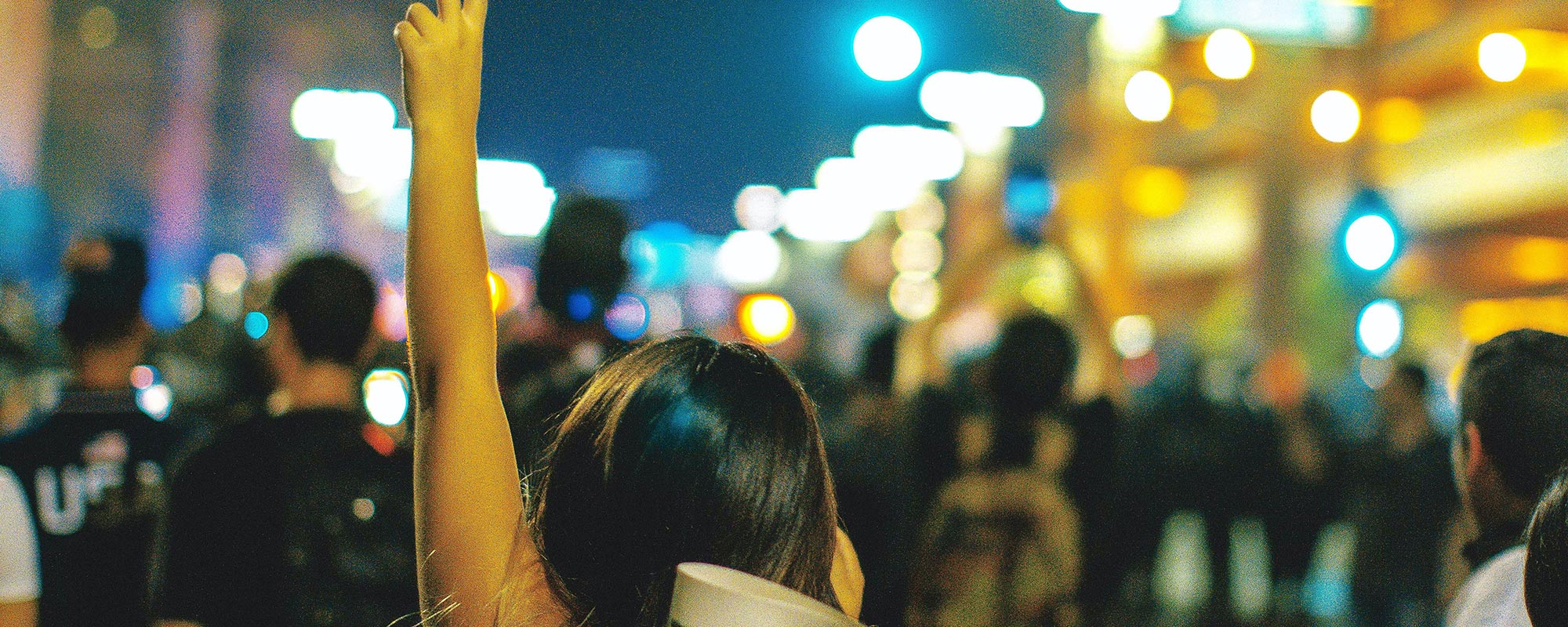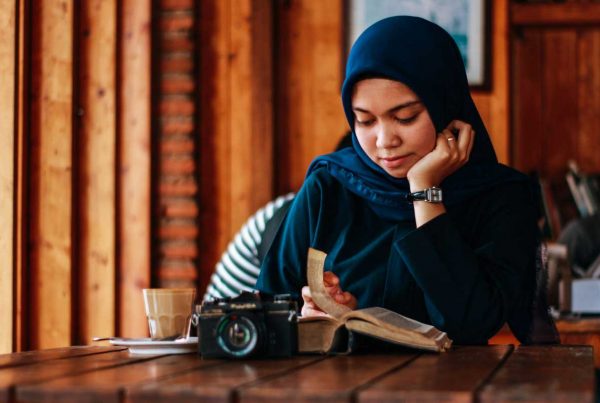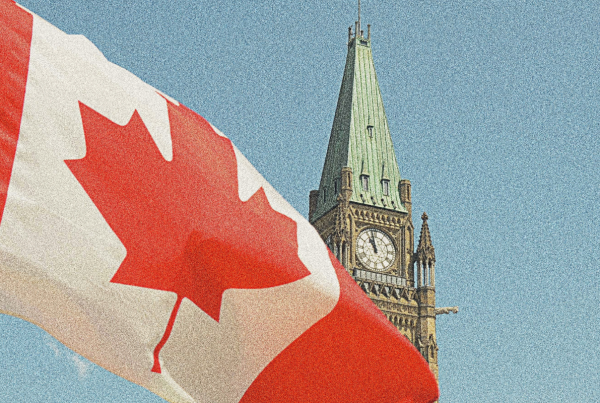In an overflowing hearing room on March 6, a committee of the Hamilton, Ont. city council considered a protocol to protect the rights of transgender and gender-non-conforming people. The is the outcome of a human rights complaint filed by a trans woman who was barred from a woman’s washroom by a security guard at a Hamilton bus terminal.
The audit, finance, and administration committee unanimously approved the new protocol Monday. The protocol mandates how the city will treat residents who are transgender and gender non-conforming. That includes:
- rules saying they can use the public restrooms and change rooms based on self-identified gender
- providing unisex, single stall washrooms and changerooms when possible
- recognizing that disclosure of someone’s gender identity or transition without their consent or knowledge is a form of harassment and discrimination under the Ontario Human Rights Code.
- providing for new employee training and a commitment to respect gender identity by addressing workers and clients by preferred pronouns.
CCLA calls on all municipalities and decision-makers to take proactive measures to publicly address and protect individuals on the basis of gender identity and expression, rather than wait for another of Canada’s most vulnerable and marginalized people to be harmed either physically or otherwise.
These individuals shouldn’t have to take on the burden of forcing governments to do what’s right and protect their rights.
CCLA addressed the committee to express our support for the protocol and explain its importance for the protection of individuals’ fundamental rights including the right to equality, human dignity, expression, and to live freely and safely in public spaces.
CCLA had spoken earlier with Hamilton councillor Aidan Johnson about the protocol, and offered recommendations for its improvement. In particular, we recommended strengthening and clarifying its privacy protections and referring to the fundamental protections of the Charter of Rights and Freedoms.
While equality and other rights protections already exist in the Charter and Ontario’s Human Rights Code, a protocol focused specifically on the rights of trans and gender-non-conforming individuals will hopefully better educate, serve, and protect Hamilton’s gender diverse community, which we would estimate at more than 3,000 people.
A few speakers at the committee hearing raised concerns about the safety and potential feelings of discomfort of cis girls and women in washrooms and changerooms.
CCLA addressed these concerns in its remarks to the committee explaining that security of the person, violence, and sexual violence are important subjects for CCLA as an organization working to protect and promote fundamental rights and freedoms for all people in Canada, marginalized people of all kinds, including women and girls (cis or trans).
In the result, we conducted rigourous research, and found that despite the many speculations and expressions of worry and concern about violence by trans women or cis men posing as trans women and policies like this one, there is no evidence of actual danger, even where municipalities and police forces have gone looking for it.
Contrast that with the tremendous and actual violence experienced by trans people – including in washrooms and changerooms.
The “TransPulse” study by Greta Bauer and Ayden Scheim found:
- 20% of trans Ontarians have been targets of physical or sexual assaults because they are trans.
- 34% of trans Ontarians have experienced verbal harassment or threats because they are trans.
A survey on homophobia, biphobia, and transphobia in schools by Catherine Taylor found that:
- 49% of trans students had been sexually harassed in school within the previous year.
- 37% of trans students have been physically harassed or assaulted because of their gender expression.
- The two school spaces most commonly experienced as unsafe by LGBT youth are changerooms and washrooms.
UPDATE: MARCH 9, 2017: Hamilton city council unanimously passed the Protocol for Gender Identity and Gender Expression; Transgender and Gender Non-Conforming Persons on March 8.
CCLA will continue to urge all municipalities across Canada to adopt similar measures.
NOA MENDLESON AVIV, THE CCLA’S DIRECTOR, EQUALITY PROGRAM GIVES THE DEPUTATION IN HAMILTON ON MARCH 6, 2017
About the Canadian Civil Liberties Association
The CCLA is an independent, non-profit organization with supporters from across the country. Founded in 1964, the CCLA is a national human rights organization committed to defending the rights, dignity, safety, and freedoms of all people in Canada.
For the Media
For further comments, please contact us at media@ccla.org.





